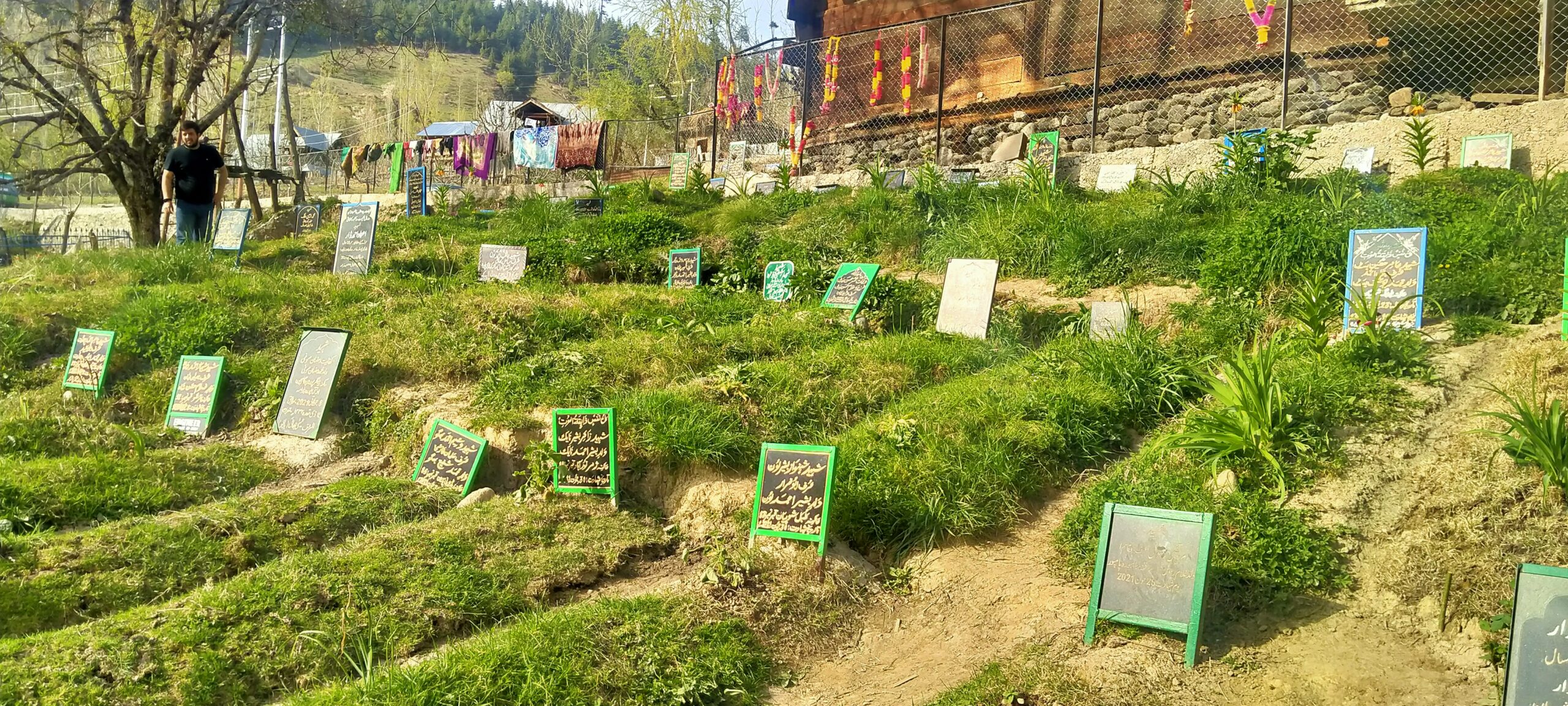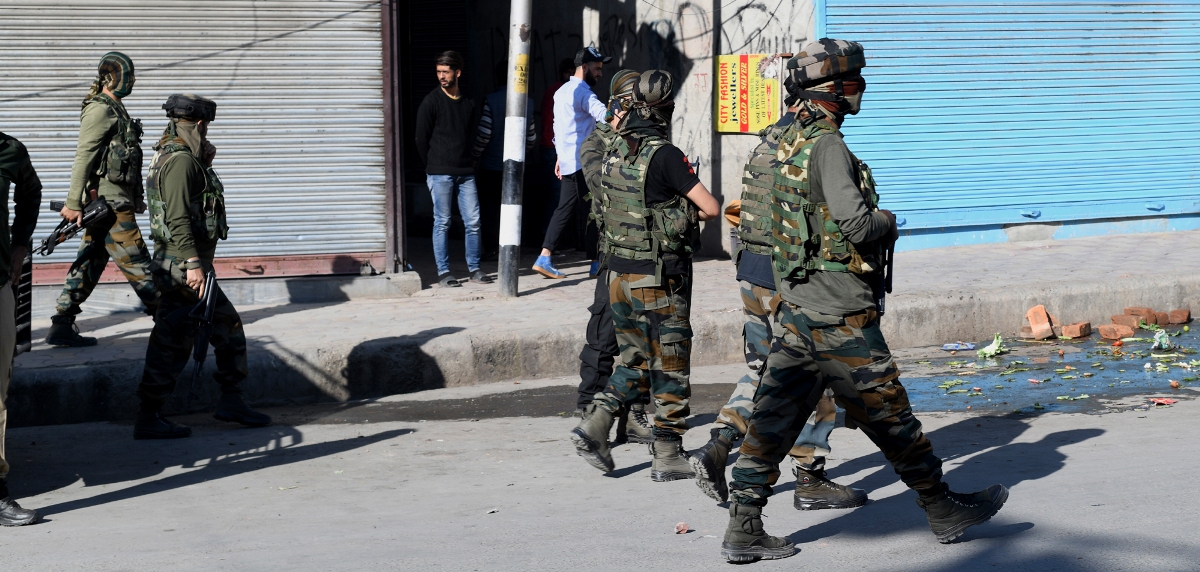SRINAGAR: The High Court of J&K and Ladakh on Friday stayed its single bench verdict regarding the exhumation of the body exhumation of Amir Latief Magrey, one of the four persons killed in an “encounter” at Hyderpora area of Srinagar last year.

“Meanwhile, till the next date of hearing before the Bench, the operation of the impugned Judgment shall stay,” said a Division Bench of Justice Ali Mohammad Magrey and Justice Wasim Sadiq Nargal after hearing Advocate General D C Raina for J&K government and counsel for Amir’s father advocate Deepika Singh Rajawat, who was on caveat and appeared through virtual mode from Jammu.
The Division Bench asked advocate Rajawat to file response to the appeal filed by the government while it posted the case for further consideration on June 28.
“Having heard the learned Counsel for the parties, perused the pleadings on record and after considering the matter, we feel that this matter requires a final decision from this Court after hearing all parties concerned,” the division bench said in an order. Subsequently, it issued a notice to Amir’s father for a response by June 28.
“Meanwhile, till the next date of hearing before the Bench, the operation of the impugned Judgment shall stay”.
The court’s order followed submissions by the Advocate General the relief granted by the Single Judge could not have been granted “in terms of the Medical Science Analysis of the dead body which envisages that the dead body gets putrefied only after a period of one month.”
Advocate Rajawat submitted that the family demands mortal remains which she said is the constitutional right as rightly held by the Single bench of the court.
On May 27 last, the single bench of the court had asked the government to make appropriate arrangements for transportation of Amir’s body to native village of Thatharka Seripora in Tehsil Gool area of Ramban district with “promptitude and without wasting any further time.”
“(The) respondents (officials) are (directed) to make arrangements for exhumation of the body/remains of the deceased Amir Latief Magrey from the Wadder Payeen graveyard (in Kupwara district) in presence of the petitioner (Amir’s father),” the court had said as per news agency GNS and asked the government to make appropriate arrangement for transportation of the body to his native village for burial “in accordance with the traditions, religious obligations and religious faith which the deceased professed during his life time, provided it is in a deliverable state.”
However, the court had left the government free to impose any “reasonable terms and conditions” regarding exhumation, transportation and burial of the body.
“Since the body must be in advance stage of putrefaction, as such, it would be desirable that the respondents (officials) act with promptitude and do not waste any further time,” the court had said, adding, “However, if the body is highly putrefied and is not in deliverable state or is likely to pose risk to public health and hygiene, the petitioner (Amir’s father) and his close relatives shall be allowed to perform last rites as per their tradition and religious belief in the Wadder Payeen graveyard itself.”
In that situation, the court said, the State shall pay to Amir’s father a compensation of Rs. 5 lakhs for “deprivation of his right to have the dead body of his son and give him decent burial as per family traditions, religious obligations and faith which the deceased professed when he was alive.”
The court has held that the right of the next of kin of the deceased to have their dear one cremated or buried as per the religious obligations and religious belief was part and parcel of right to life guaranteed under Article 21 of the Constitution of India.
Rejecting the government’s contention that the decision not to hand over the body was taken in the “larger public interest and to prevent the situation of law and order going out of hand”, the court termed it “arbitrary” and against Article 14 of the Constitution of India (equality before law).















